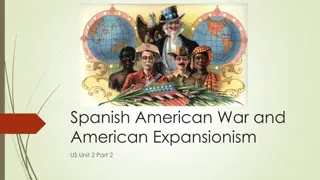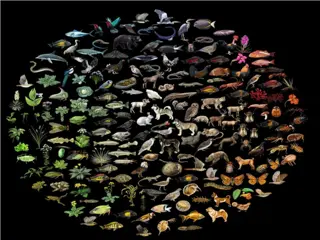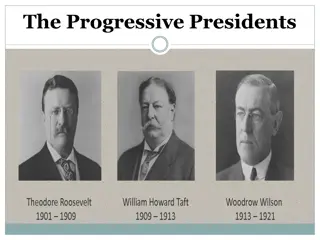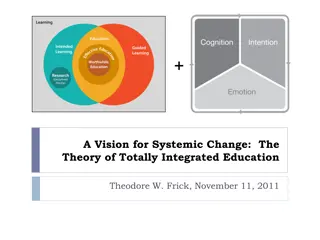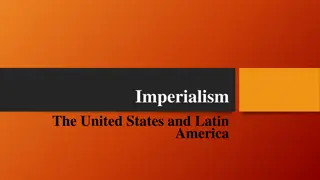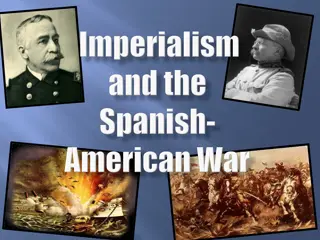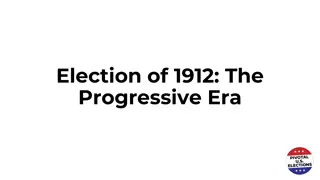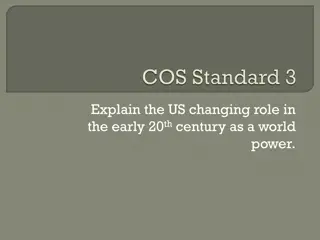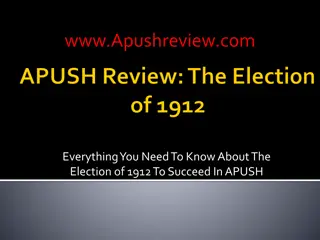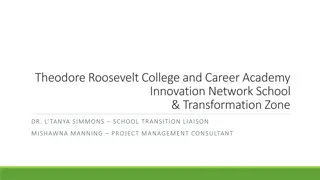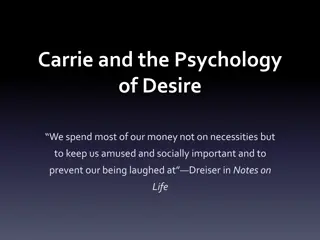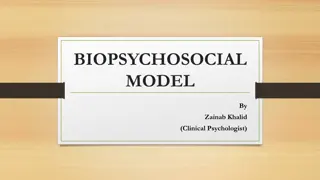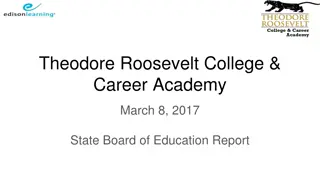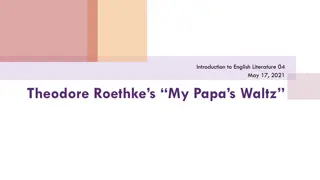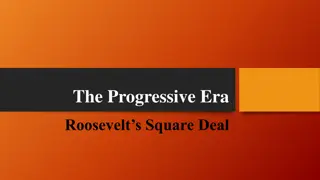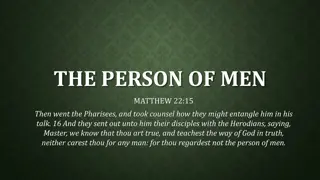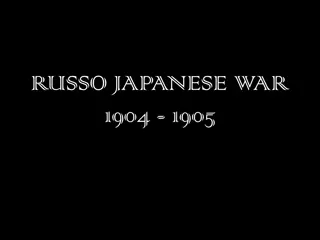Spanish-American War and American Expansionism: A Look Back in History
Explore the causes and impacts of the Spanish-American War, including the influence of Yellow Journalism, nationalism, and imperialism on American expansionism during the late 1800s. Learn about key figures like Theodore Roosevelt and the Rough Riders, and the significance of policies like the Monro
0 views • 25 slides
Evolution of Cell Theory: From Observations to Modern Understanding
Robert Hooke and Robert Brown made key observations leading to the cell theory, while M.J. Schleiden, Theodore Schwann, and Rudolf Virchow developed the foundational principles. The modern cell theory expanded to include energy flow, heredity, and cell composition. Protoplasm theory highlighted the
8 views • 20 slides
Progressive Presidents' Initiatives and Reforms in the US
Explore the impact of Progressive Presidents like Theodore Roosevelt on business regulation, consumer protection, labor conditions, and environmental conservation in the early 20th century. Learn about key laws passed, initiatives taken, and the overall drive towards reform during this period.
5 views • 20 slides
Enhancing Education Through Totally Integrated Approach
Theodore W. Frick's Theory of Totally Integrated Education (TIE) emphasizes aligning student cognition, intention, and emotion with authentic learning tasks to create worthwhile education. TIE focuses on systemic change in education and provides a vision for improving learning outcomes by connecting
0 views • 55 slides
United States Imperialism in Latin America
United States' involvement in Latin America, particularly in Puerto Rico and Cuba, post-Spanish-American War, showcased a shift towards imperialism. Policies such as the Foraker Act and the Platt Amendment highlighted American efforts to exert influence in the region, leading to mixed reactions from
0 views • 25 slides
The Spanish-American War: Origins and Impact
The Spanish-American War was fueled by a combination of factors including economic struggles, imperial ambitions, and sensationalist journalism. Theodore Roosevelt's stance on war, coupled with the desire for Cuba's independence from Spain, led to a call for war in the late 1890s. Yellow journalism
0 views • 18 slides
The Election of 1912: Competing Visions in American Society
The Election of 1912 during the Progressive Era showcased competing visions on how the federal government could address American society's challenges. Progressives sought reform, social control, and government intervention, impacting the Republican Party's split. Candidates included Wilson, Roosevel
0 views • 8 slides
Role of the US as a World Power in the Early 20th Century
The United States underwent a significant transformation in the early 20th century, emerging as a prominent world power. This shift was marked by key events such as the formation of the Rough Riders under Theodore Roosevelt, the involvement of African American regiments in the Spanish-American War,
0 views • 15 slides
Election of 1912 and Its Impact on APUSH Students
Explore the dynamic Election of 1912 in US history, featuring William Howard Taft, Theodore Roosevelt, Woodrow Wilson, and Eugene Debs. Learn about the split in the Republican Party, Wilson's victory, Debs' Socialist impact, and the rise of the Progressive Party. Subscribe for more educational conte
0 views • 5 slides
Project Management for Theodore Roosevelt College and Career Academy Innovation Network School Transformation
Develop a comprehensive plan for project management at Theodore Roosevelt College and Career Academy, focusing on key benchmarks such as recruitment, data collection, existing agreements, and concrete planning. Engage with stakeholders to ensure successful implementation through effective communicat
0 views • 11 slides
Exploration of Desire and Consumerism in Sister Carrie
Explore the themes of desire, consumerism, and self-perception in Theodore Dreiser's novel "Sister Carrie". The narrative delves into the characters' pursuit of status, identity, and self-improvement through materialism and comparison with others. Carrie's journey serves as a bildungsroman, showcasi
0 views • 13 slides
Understanding the Biopsychosocial Model in Health and Illness
The Biopsychosocial Model, pioneered by George L. Engel and further developed by Theodore Millon, emphasizes the interconnected influences of biology, psychology, and social factors on health and illness. It highlights how genetic makeup, mental health, social environment, and interactions between t
0 views • 13 slides
Transformation Journey of Theodore Roosevelt College & Career Academy
Theodore Roosevelt College & Career Academy embarked on a transformative journey to enhance student proficiency and college readiness. By identifying systematic and academic challenges, implementing strategic plans, and embracing high-impact changes, the academy aimed to maximize student potential t
0 views • 24 slides
Exploring Theodore Roethke's Poetic Journey
Theodore Roethke, a renowned American poet, captured emotional nuances through his works like "My Papa's Waltz." Despite personal struggles, Roethke's poetry reflected depth and intensity, drawing inspiration from his life experiences and relationships. From denotation to connotation, his use of lan
0 views • 18 slides
The Progressive Era: Roosevelt's Impact on the Modern Presidency
Theodore Roosevelt's presidency marked a significant shift towards Progressive ideals, shaping the way Americans viewed the government. From his early life to his Square Deal reform program, Roosevelt's dynamic leadership and dedication to fighting corruption left a lasting impact on American politi
0 views • 17 slides
Deception and Truth in Biblical Context
Pharisees try to entangle Jesus with their questioning, warning of false Christs and prophets. The urgency of seeking God in the midst of confusion and deception is emphasized, with references to the famine for God's Word and the choices between God's Holy Spirit and the devil's spirit. A tale of Th
0 views • 27 slides
Evolution of Science Fiction Literature
Science fiction genre, blending imaginative fantasy with scientific principles, has evolved significantly over time. Initially emerging in the late 1800s, it gained popularity alongside technological advancements. Theodore Sturgeon highlighted the essence of human stories within the genre. Iconic wo
0 views • 8 slides
The Russo-Japanese War 1904-1905: Causes, Events, and Results
The Russo-Japanese War of 1904-1905 was fueled by various factors such as Russia's need for a Pacific harbor, Japan's emergence on the world stage, and competition over buffer regions like China and Korea. The conflict saw significant battles like Port Arthur, Yellow Sea, Yalu River, and Tsushima. T
0 views • 4 slides
